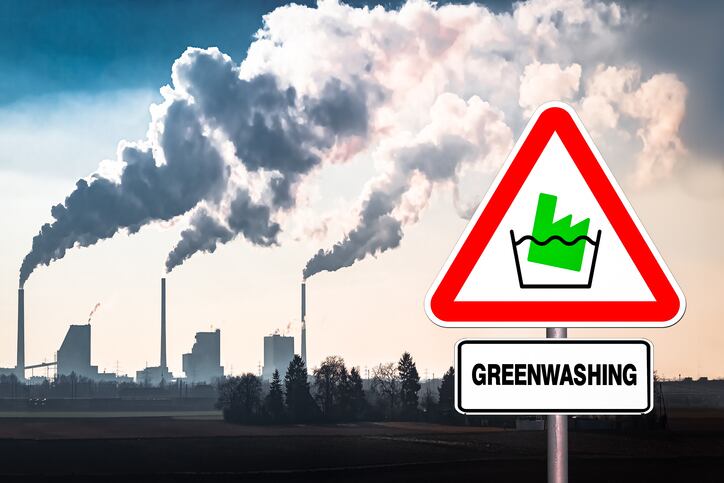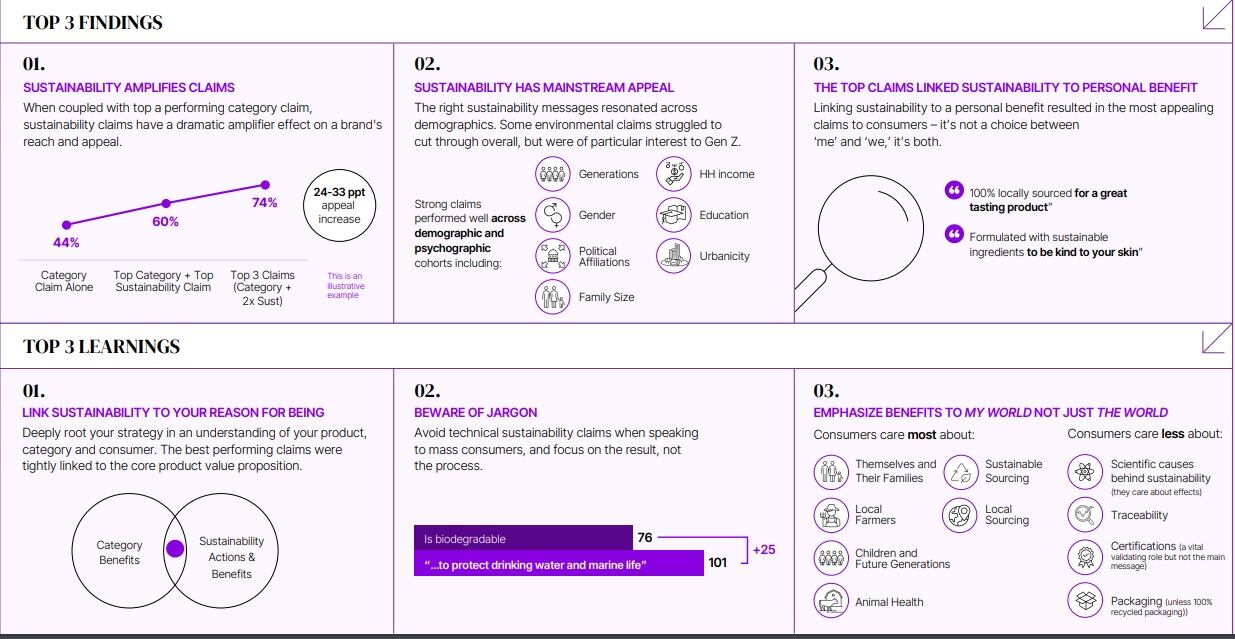“ESG claims made against companies have gained momentum in recent years as the focus on ESG issues increase,” Brian Sylvester, a partner with Perkins Coie in Washington, DC, recently told attendees during a webinar hosted by Prime Label Consultants.
He predicted scrutiny will continue to mount in 2024 as the Federal Trade Commission prepares to update its so-called Green Guides to clarify the proper use of climate change claims, including ‘net zero’ and carbon negative,’ which have increased in recent years alongside consumer interest in buying more sustainable products.
In reviewing the Guides or Use of Environmental Marketing Claims, the FTC also is looking at how consumers interpret and understand claims about products’ recyclability, composability or degradability, which will also be fertile ground for lawsuits and class action claims going forward, suggested Sylvester.
Failure to disclose material ESG related risks become target
“Another trend that we are seeing with regard to ESG claims and litigation here regards failure to disclose material ESG risks. So there, we are referring to companies that fail to disclose material ESG related risks facing potential legal challenges, inadequate disclosure of environmental liabilities, supply chain risks, labor issues or climate change related risks that can lead to lawsuits, including those from stakeholders,” he added.
As an example, he pointed to a case against The Coca-Cola Co. brought by Earth Island Institute in 2021 that argued the company’s environmental sustainability claims amounted to greenwashing and false and deceptive advertising because, it alleged, the beverage giant generates “more plastic pollution than any other company in the world.”
It argued Coca-Cola’s ‘World Without Waste’ campaign and other claims about ‘scaling sustainable solutions’ “ultimately amount to … a mountain of greenwashing.”
The DC Superior Court ultimately determined that many of the challenged claims were ‘aspirational’ and could not be measured to determine whether they were true of false, and as such the court determined the claims could not serve as that basis for a valid claim under the Consumer Protection Procedures Act.
When are ‘aspirational’ claims protected and when are they misleading?
The decision does not offer blanket protection or aspirational environmental claims, as illustrated by the National Advertising Division’s recommendation last February that meat-packing giant JBS discontinue “aspirational” claims about its goal to reach ‘net zero’ greenhouse gas emissions by 2040.
NAD argued advertisers must be able to demonstrate that goals and aspirations are not “merely illusory.”
Other ESG-related claims cases are zeroing in on animal welfare claims, and farm-level sustainability, including worker welfare, added Tommy Tobin, counsel for Perkins Coie in Seattle.
Popular targets for these cases include chocolate and coffee manufacturers that have complicated supply chains that are less transparent than those of other categories, added Davi Biderman, partner with Perkins Coie in Los Angeles and San Francisco.




